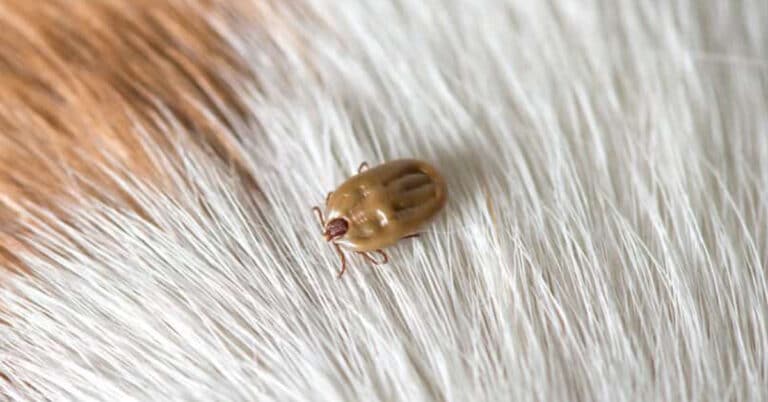Things to Consider When Buying a Purebred Puppy
Buying a purebred puppy is a lifetime commitment and a decision not to take lightly. Puppies require time, energy, and dedication to raise properly and train to be well-behaved and rewarding companions.
Far too often, the decision to buy a purebred puppy becomes an emotional one, and people jump too quickly into it. The same amount of thought, time, and research that goes into buying a new home should be given to buying a purebred puppy if not more. A poorly thought out house purchase can be sold and although a hassle and possibly expensive, a house does not have to be a ten to fifteen-year commitment. A dog is at least that and once they become a part of your family, not something you can ‘flip’ when the market improves.
Questions to Ask Yourself Before Buying a Purebred Puppy
What type of dog are you looking for? Do you have an active family that hikes, bikes, boats, and hunts? A similarly active dog would be a good match for your family. Or do you prefer a quiet, docile dog that requires little physical activity? Look into breeds that are content to be couch potatoes. Do you want to show your dog or maybe do agility? Do you want a protective dog? Or maybe just a family pet? The first place to start when researching buying a purebred puppy is to match your activity levels and interest to the breed.
What other preferences do you have? Some people are happy to spend twenty minutes a day brushing their longhaired dog while others hate the very idea! Be honest with yourself about how much grooming you want to do and make sure you do not over estimate your interest.
Size restriction is a big issue. Many people choose small dogs because they have a small house, neglecting to realize that small dogs can be more active then some large dogs. The biggest breeds of purebred dogs can often be the laziest and are content after their two walks a day to spend the rest of day sleeping. A small dog that is all over the house and never wears out no matter how much exercise they get each day can very often make a small house seem even smaller!
Does someone in your family have an allergy to dogs? Hypoallergenic dogs do shed, but a much smaller amount then a regular dog, often easy the reactions of people sensitive to doggy allergens. However, these dogs often require regular grooming by a professional. Do you have the money and time to take your dog to a groomer every three to five weeks for a wash and trim? Are you interested in learning how to do this yourself?
What type of purebred puppy does your family want? Although buying a purebred puppy is a huge decision and should not be left to the five year old, their input is necessary as well as their expectations of what they want out of their puppy. This does not mean you buy a longhaired dog that requires twenty minutes of brushing a day because they promise to do the work – they won’t, guaranteed, and it will fall on your shoulders. However, if they want a dog they can swim with at the lake cottage each summer, buying a purebred puppy that, as a breed, cannot stand the water, may not be a good idea.
Once you have asked yourself exactly what it is you want and do not want in a pup, read some breed books and narrow down your list of possible breeds. From there, start to contact owners of these breeds to find out all you can about what it is to live with the adult dog.
Where to Buy a Purebred Puppy
There are many options when it comes to where to buy a purebred puppy but care needs to be taken when making this decision.
First off, a purebred puppy is one that comes with papers from reliable sources such as the American Kennel Club, the Canadian Kennel Club, the FCI, or the American Association of Rare Breeds. Designer breeds such as the Labradoodle are not actually purebred dogs although they are popular and breed ‘true’. If in doubt about the authenticity of either the puppies pedigree or the institution that produced them, do some research into the breed by looking up the kennel club from their country of origin and find out whether they are recognized within their own country. If they are not, there is a strong likelihood the breed is not purebred and the kennel club issuing the papers is on shaky ground.
Buying purebred puppies from pet stores, signs on the side of the road, out of the back of a truck in a parking lot, and at the local swap meet all contribute to pet overpopulation and ‘puppy mills ’. Puppy mills breed dogs as a way of earning an income, not for the betterment of the breed. Little to no genetic testing is done, breeding stock are not from championship stock, and temperament and medical issues are ignored in breeding stock. This can mean a dog with an aggressive streak is bred because they produce nice babies with no thought or care put into what the puppies may be like temperament wise.
To get the best guarantee of both the temperament and physical soundness of your pup, only buy your purebred pup from a reputable breeder. This often means being put on a wait list and passing the breeders ‘test’ – they will not sell a pup to someone they feel is not capable or interested in providing the best possible home for their dogs. Expect to feel as though you are being graded on your suitability as an owner of the particular breed, you are!
Once the breeder puts you on a wait list, it is only a matter of time before your bundle of furry joy is ready to come home. Have your house and schedule prepared for the new addition – a little bit of homework and preparation is the key to a long life with your new friend!

Having discovered a fondness for insects while pursuing her degree in Biology, Randi Jones was quite bugged to know that people usually dismissed these little creatures as “creepy-crawlies”.







